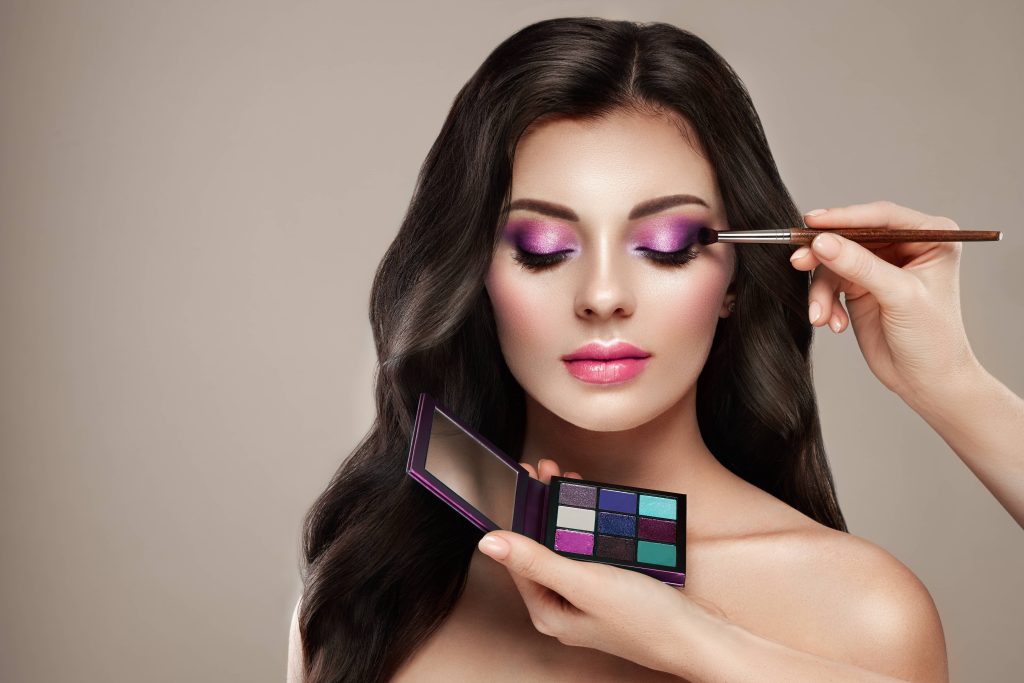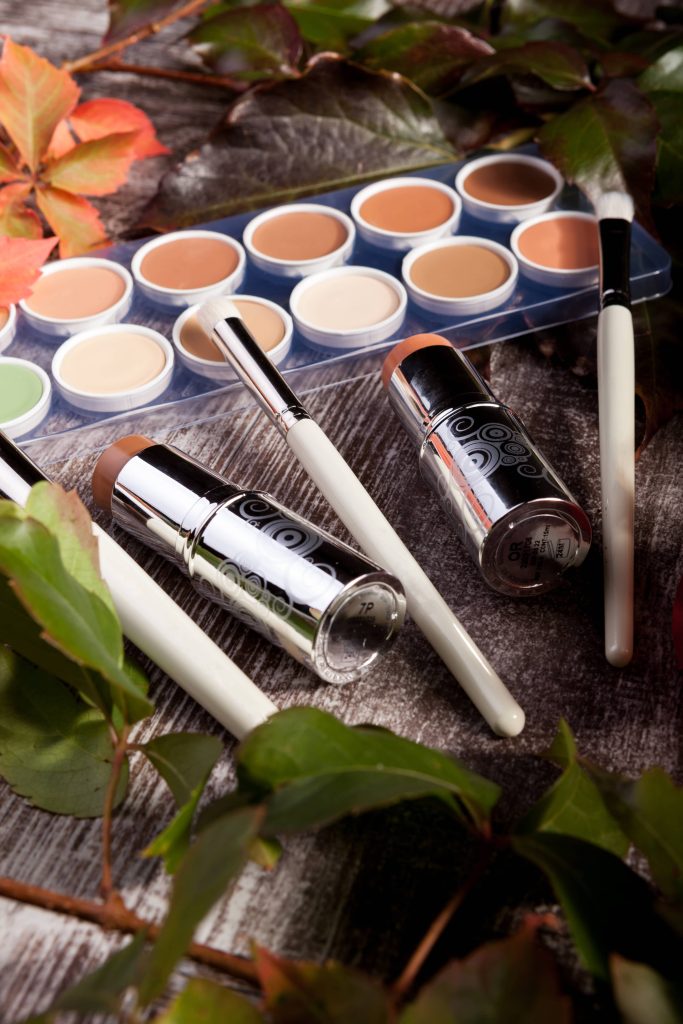
Hair is often seen as a crown on our heads, an aspect of beauty that is as much a part of our identity as it is a reflection of our health. In an era where stress, diet, and lifestyle can significantly impact our hair’s health, the appeal of hair growth supplements has surged. But how much do we know about their scientific foundations? Are they truly effective, or are we just buying hope in a bottle? Let’s delve into the scientific basis of hair growth supplements and separate fact from fiction.
Understanding Hair Growth: The Basics
To appreciate the impact of hair growth supplements, it’s vital to understand how hair grows. Hair growth occurs in phases: the anagen (growth phase), catagen (transitional phase), and telogen (resting phase). The anagen phase can last anywhere from two to seven years and determines the length of our hair. Hair follicles are nourished by surrounding blood vessels, and any changes in diet or hormonal balances can affect this process.
Hair, composed primarily of a protein known as keratin, relies on a steady supply of essential nutrients and minerals to grow and maintain its structure. A deficiency in these nutrients can lead to hair thinning or loss. Hence, many hair growth products on the market are designed to provide these crucial nutrients.
Key Ingredients in Hair Growth Supplements
Let’s examine some common ingredients found in hair growth supplements and assess their scientific backing:
1. Biotin (Vitamin B7):
Biotin is perhaps the most well-known ingredient in hair growth supplements. It plays a crucial role in the production of keratin, the protein that makes up our hair, skin, and nails. Although biotin deficiencies can lead to hair loss, such deficiencies are rare in developed countries. Scientific studies on biotin’s efficacy in promoting hair growth in healthy individuals are limited and inconclusive. Yet, biotin remains a staple, often included in supplements for its perceived benefits.
2. Vitamin D:
Vitamin D is essential for various bodily functions, including hair health. It is believed to activate hair follicle growth, with deficiencies linked to alopecia, a condition causing hair loss. While studies indicate that maintaining adequate Vitamin D levels is beneficial for hair health, supplementation should ideally be tailored based on individual deficiency rather than general use.
3. Iron:
Iron deficiency is a known cause of hair loss, particularly among women. Iron is an essential component of hemoglobin, which helps carry oxygen to cells, including hair follicles. Those deficient in iron may benefit from supplementation, although it’s crucial to consult healthcare providers for accurate diagnosis and appropriate treatment.
4. Zinc:
Zinc plays a vital role in hair tissue growth and repair while keeping the oil glands around the follicles functioning. While excessive zinc can lead to hair loss, sufficient zinc levels are necessary for proper hair health. Supplementation may benefit those with proven deficiency, though excessive intake should be avoided due to the potential for adverse effects.
5. Omega-3 and Omega-6 Fatty Acids:
These essential fatty acids are known for their anti-inflammatory properties and role in supporting scalp health. Limited studies suggest that omega-3 and omega-6 supplementation can improve hair density and reduce hair loss, particularly in individuals with deficiencies in these nutrients.
The Science of Herbal Ingredients
Besides vitamins and minerals, many hair growth supplements contain herbal ingredients purported to support hair health. These include extracts like saw palmetto, ginseng, and horsetail. While these ingredients have traditional uses and anecdotal evidence supporting their benefits, robust scientific studies validating their effectiveness in promoting hair growth are limited.
1. Saw Palmetto:
Saw palmetto is believed to inhibit the production of dihydrotestosterone (DHT), a hormone linked to hair loss in men. Some small studies suggest saw palmetto may promote hair growth, but further research is needed to confirm these findings.
2. Ginseng:
Used in traditional medicine, ginseng is thought to stimulate hair follicles and promote hair growth. Laboratory studies have shown promising results, but clinical trials in humans are necessary to validate its efficacy.
3. Horsetail:
Horsetail is rich in silica, a mineral linked to hair strength and shine. While horsetail supplements are popular, studies offering conclusive evidence of their hair growth benefits are sparse.
Considerations and Cautions
While hair growth supplements may be beneficial for some individuals, particularly those with nutrient deficiencies or specific medical conditions, they are not a one-size-fits-all solution. It’s crucial to approach supplementation with caution:
– Consult Healthcare Professionals: Before starting any supplement regimen, it’s advisable to consult with healthcare professionals to assess individual needs and avoid unnecessary intake that can lead to adverse effects.
– Understand Underlying Causes: Hair loss can stem from various sources, from genetic predispositions to hormonal imbalances to stress. Understanding the root cause is essential for effective treatment.
– Lifestyle Factors: A balanced diet, regular exercise, proper hydration, and stress management are fundamental pillars of overall health and, by extension, healthy hair.
Conclusion
The allure of hair growth supplements is undeniable, but it’s crucial to approach them with a critical eye. While some ingredients have scientific backing suggesting their potential benefits, individual results can vary significantly. Rather than relying solely on supplements, nurturing your body with a wholesome diet and maintaining a healthy lifestyle remains the foundation of long-term hair health. Hair growth supplements, when used wisely and as part of a broader health strategy, can support your quest for luscious locks—but promises of miracles should be met with cautious optimism.



